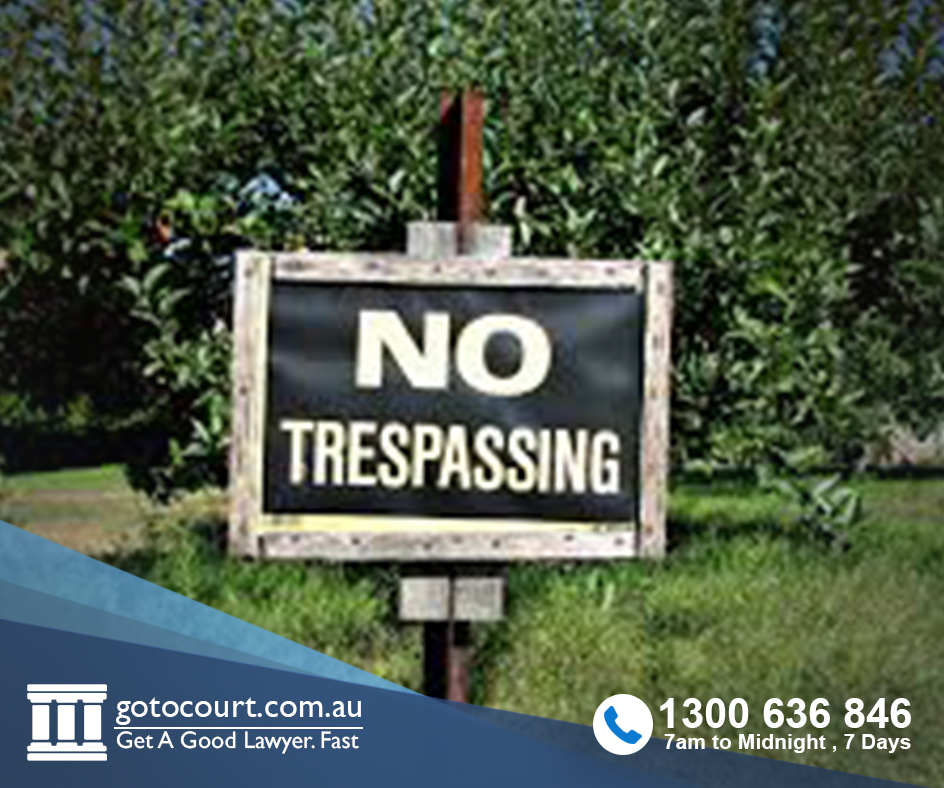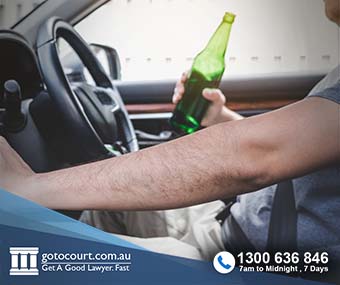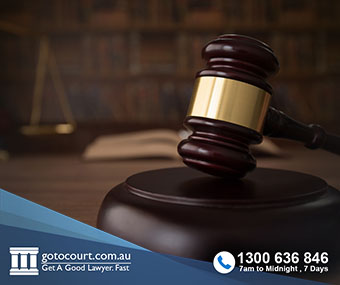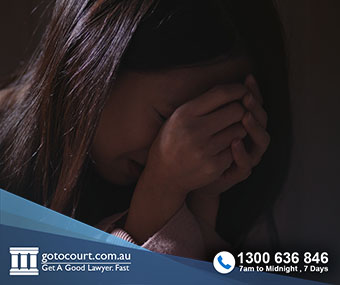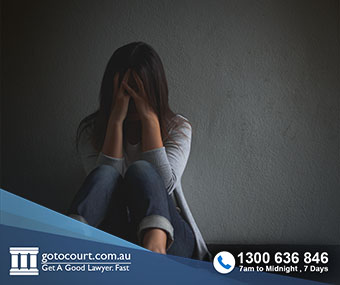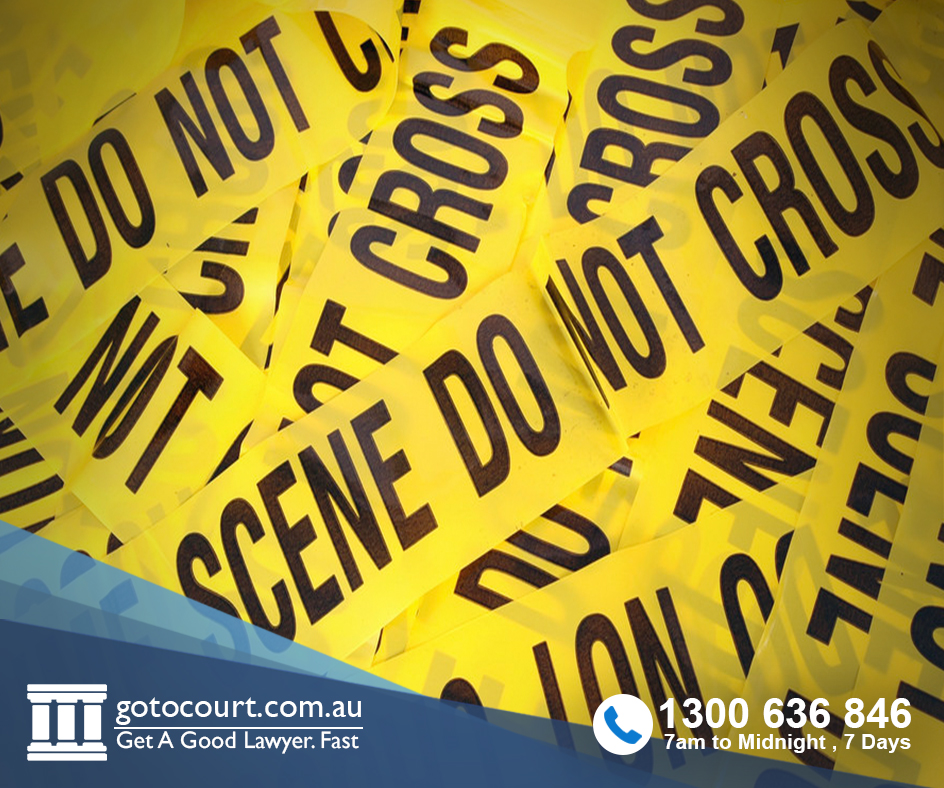Call our lawyers
now
or,
have our lawyers
call you
Acts of Indecency in the Australian Capital Territory
Updated on Jan 05, 2023 • 4 min read • 318 views • Copy Link
Acts of Indecency in the Australian Capital Territory
In the Australian Capital Territory, there are six criminal offences involving acts of indecency. These offences are contained in the Crimes Act 1900. This page outlines each of those offences, the maximum penalties that apply and what to expect if you are charged with an act of indecency in the ACT.
What is an act of indecency?
There is no definition of the term ‘act of indecency’ in the Crimes Act 1900. Under the common law, indecent acts are acts that are contrary to community standards of decency or that would offend ‘the ordinary modesty of the average person’.
Act of indecency in the first degree
Under section 57 of the Crimes Act 1900, an act of indecency in the first degree occurs when a person inflicts grievous bodily harm on another person with intent to commit an act of indecency on them or on another person who is nearby.
Act of indecency in the second degree
Under section 58 of the Crimes Act 1900, an act of indecency in the second degree happens when a person inflicts actual bodily harm on another person with intent to commit an act of indecency on the person or on another person who is nearby.
Act of indecency in the third degree
Under section 59 of the Crimes Act 1900, an act of indecency in the third degree consists of a person assaulting or threatening to do grievous bodily harm to someone with intent to commit an act of indecency on them or on someone else who is nearby.
Act of indecency without consent
Under section 60 of the Crimes Act 1900, an act of indecency without consent occurs when a person commits an act of indecency on another person without that person’s consent.
Act of indecency with a young person
Under section 61 of the Crimes Act 1900, an act of indecency with a young person occurs when a person commits an act of indecency on or in the presence of a child. Different maximum penalties apply to this offence depending on whether the child is under 10 or between 10 and 16.
Aggravated offences
Any of the above offences is aggravated if it is committed in the context of family violence. Higher maximum penalties apply for the aggravated version of each offence.
Penalties for acts of indecency
Different maximum penalties apply to each of the offences outlined above.
They are set out in the table below.
| Offence | Maximum penalty | Maximum penalty where offence is aggravated |
|---|---|---|
| Act of indecency in the first degree | 15 years imprisonment | 19 years imprisonment |
| Act of indecency in the second degree | 12 years imprisonment | 15 years imprisonment |
| Act of indecency in the third degree | 10 years imprisonment | 13 years imprisonment |
| Act of indecency without consent | Seven years imprisonment | Nine years imprisonment |
| Act of indecency without consent in company with another person | Nine years imprisonment | 11 years imprisonment |
| Act of indecency with a young person under 10 | 12 years imprisonment | 15 years imprisonment |
| Act of indecency with a young person under 16 | 10 years imprisonment | 13 years imprisonment |
Jurisdiction for acts of indecency
Offences relating to acts of indecency are indictable and are finalised in the ACT Supreme Court.
Have you been charged with an act of indecency?
If you have been charged with an act of indecency, Go To Court Lawyers will provide you with thorough, timely legal advice. They will talk you through the elements of the offence and identify any legal defences that apply. Our solicitors will advise you on the likely penalty range for someone in your circumstances and make sure you understand all aspects of the criminal process before deciding whether to plead guilty of not guilty.
Applying for bail on an act of indecency charge
If you have been remanded in custody for an act of indecency in the Australian Capital Territory, Go To Court Lawyers can help you to apply for bail.
Bail applications in the ACT are governed by the Bail Act 1992. The court will decide whether to grant you bail after weighing your interests with the interests of the community.
If you are an adult, the decision as to whether to release you on bail will be made based on the criteria in section 22 of the Bail Act 1992.
If you are under 18, the court will decide whether to grant you bail based on the criteria set out in section 23 of the Bail Act 1992.
If you require legal advice or representation in any criminal matter, please contact Go To Court Lawyers.


Affordable Lawyers
Our Go To Court Lawyers will assist you in all areas of law. We specialise in providing legal advice urgently – at the time when you need it most. If you need a lawyer right now, today, we can help you – no matter where you are in Australia.How It Works








1. You speak directly to a lawyer
When you call the Go To Court Legal Hotline, you will be connected directly to a lawyer, every time.


2. Get your legal situation assessed
We determine the best way forward in your legal matter, free of charge. If you want to go ahead and book a face-to-face appointment, we will connect you with a specialist in your local area.


3. We arrange everything as needed
If you want to go ahead and book a fact-to-face appointment, we will connect you with a specialist in your local area no matter where you are and even at very short notice.


